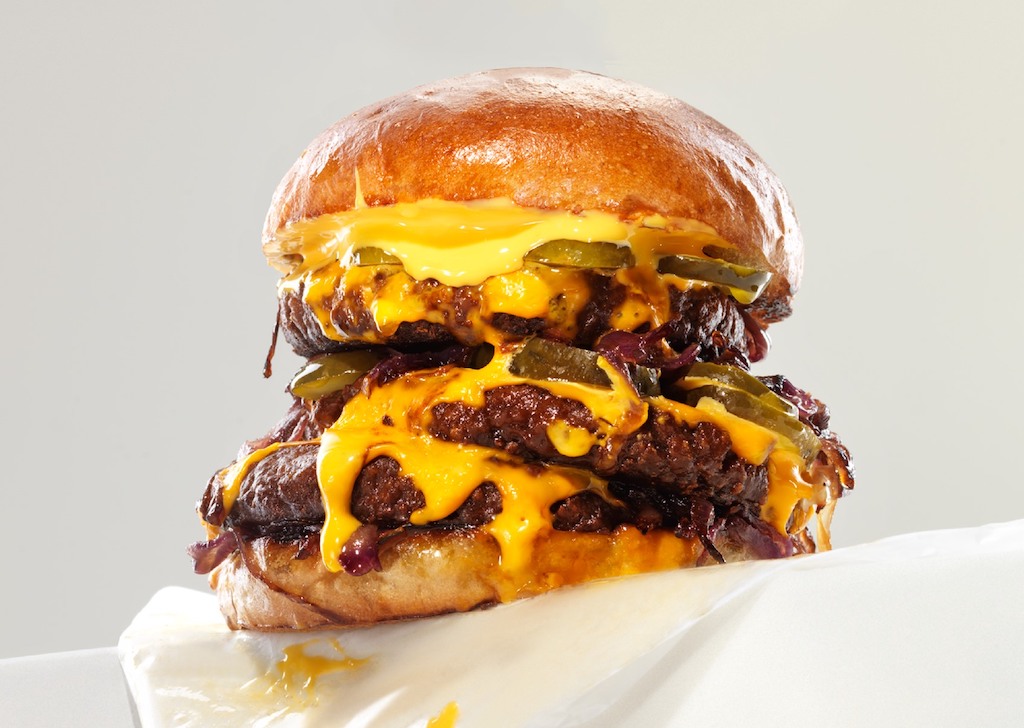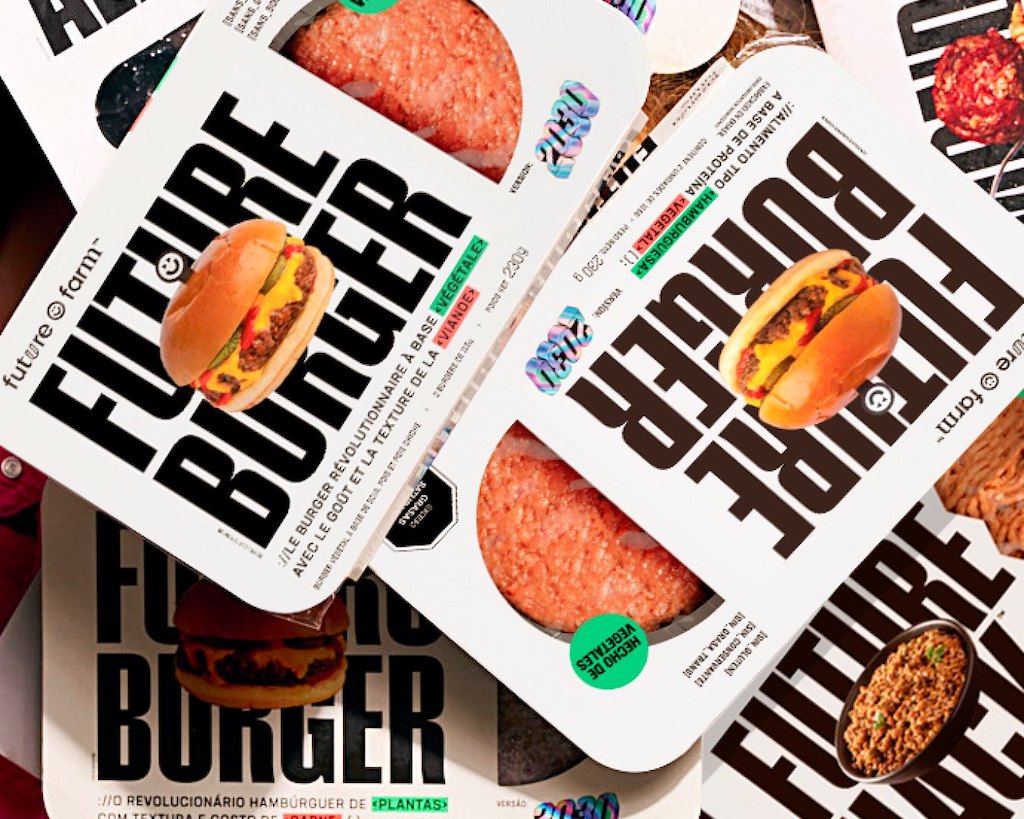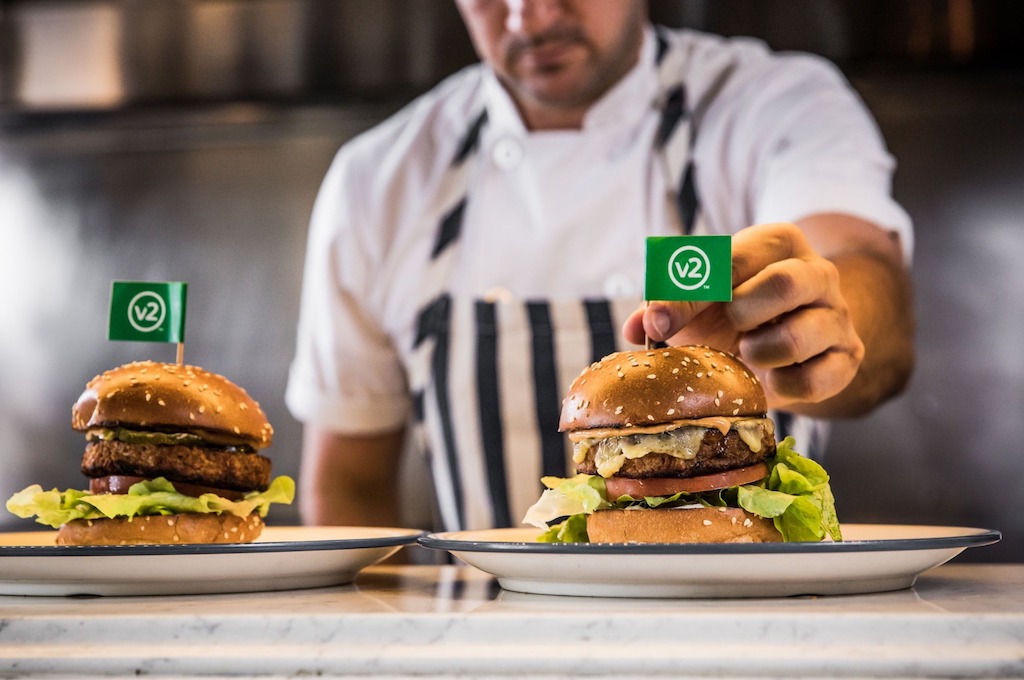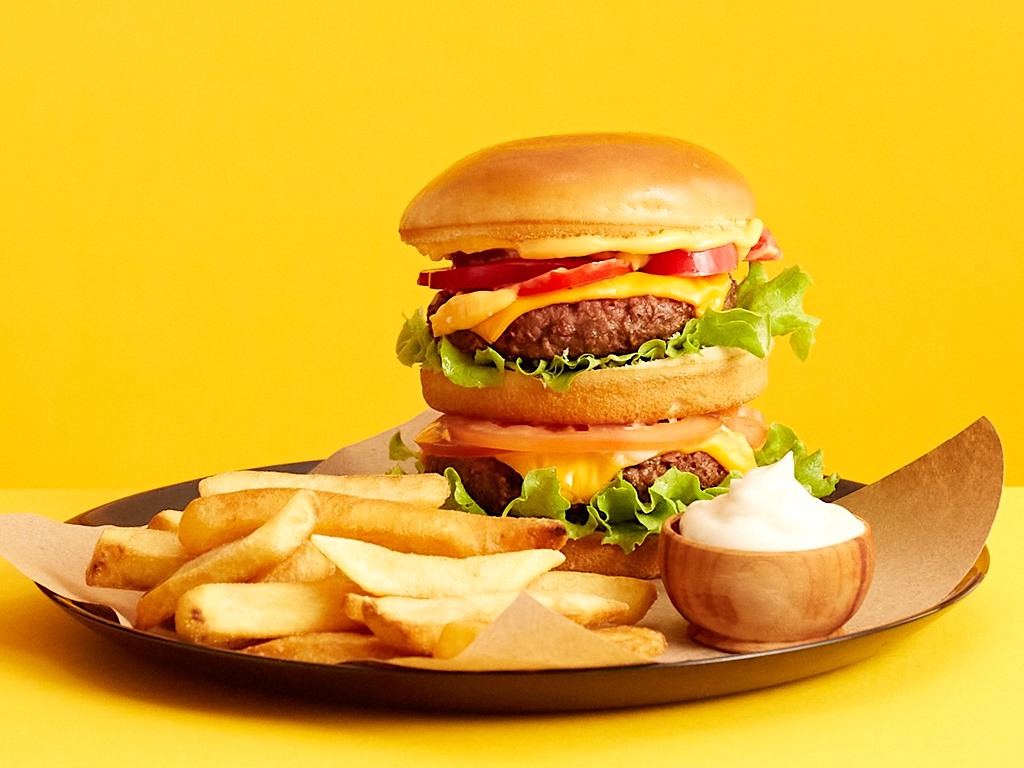5 Mins Read
There’s little doubt that right now, Impossible Foods and Beyond Meat are the best known plant-based meat makers. Both food tech giants have dominated the space with their beef burger iterations, with one often cited as the plant-based pioneer that made vegan mainstream, the other making name for itself with its “bleeding” heme-filled patties.
But as the plant-based market matures, there’s no shortage of fresh talent coming in to nab a slice of the market. And a handful of startups might just have the keys in place to give the plant-based stalwarts a run for their money.
These brands are in the running because they’re actually getting big enough to compete with Beyond and Impossible’s enormous hold on the market, from retail distribution in chains like Walmart to partnerships with QSR majors like Burger King. They are also being fuelled by headline-making funding rounds, a signal of the bullish bets that investors are placing on them becoming leading players in the vegan burger category. So who are they?

NotCo
NotCo has been making serious waves in the plant-based world, recently becoming the first Chilean unicorn after bagging a whopping $235 million in a star-studded Series D backed by names like Lewis Hamilton and Roger Federer. The startup, which makes its products using its AI-powered platform, Giuseppe, is the only company so far to be simultaneously tackling all three animal product categories—dairy, eggs, and meat.
While best known for its vegan milk line that entered the U.S. market last year, NotCo’s plant-based burgers are making headlines in the Latin American markets in which it operates. In Paraguay, the startup secured a partnership with fast food giant Burger King to supply the chain’s new Veggie Whoppers, after a successful Rebel Whopper roll-out with Burger King Chile. Over in Argentina, the NotBurger is served in Mostaza, the third-largest fast-food chain in its country after McDonald’s and Burger King.
Outside of Latin America, NotCo, fuelled by its latest capital injection, has plans to double down on the U.S. market and will soon be rolling out its NotBurgers as it ramps up its retail presence to more than 8,000 locations in the country. It also has plans to bring its products to Europe and Asia and “catapult plant-based foods into mainstream adoption at a rapid pace,” said its CEO Matias Muchnick.

Future Farm
Another startup set to nab a slice of Impossible and Beyond’s foothold in the vegan burger wars is Future Farm, also based in Latin America. The Brazilian food tech, also known as Fazenda Futuro, is making affordability its strategy for global expansion. Its flagship pea, soy, and chickpea-based product, the Future Burger, is sold for just $5.29 per two-patty retail package, and it will soon be available to American diners—a move announced just months after it bagged $21 million in VC funding.
At the time of announcing its entry, the food tech said its “cost competitive price” will help it “seize untapped growth opportunities” in the country and globally, and is the reason why sales have been successful in the 23 markets it is now available in. In the UAE, for instance, the company is stocked in supermarket giant Carrefour, and it claims it holds 31% of the chain’s plant-based meat market share—more than Beyond.
Clearly ambitious to become a category leader as it enters the U.S. market (it is already available to buy online at GTFO It’s Vegan), Future Farm recently hired industry veteran Alexandre Ruberti, who formerly led Red Bull North America, to lead its operations in the region. Ruberti described the brand as possessing “all the key elements in place” to “make a substantial impact as one of the major category players.”

v2food
Over in Australia, v2food is quickly becoming one of the best-known plant-based meat makers not just in its home country but the entire Asian region. In its domestic market, the Sydney-based firm, which came out of a partnership between state-backed CSIRO and Hungry Jack’s parent corporation Competitive Foods Australia, has already secured partnerships with the biggest supermarket chain, Woolworths, as well as Coles.
It is also served at Hungry Jack’s and recently forged a collaboration with Aussie celebrity chef Neil Perry, where its plant-based meat will feature on the new sustainable menu at Margaret in Double Bay.
But what propelled the brand on the global stage is its series of international launches, in collaboration with Burger King, supplying the chain’s Plant-Based Whoppers in Japan, Thailand, the Philippines, South Korea, and New Zealand. And recently closing $54 million in its Series B Plus, which saw a number of Asian and European investors hop on board, v2food has no plans to end there.

It says that it is now making its expansion into Asia a priority, with the lucrative mainland Chinese market firmly in its sights. V2food just introduced its first pork alternative into the country, but it’ll likely launch its other products like its flagship burger as well, taking a local-tailored approach by rolling out with e-commerce platforms.
China represents the world’s fastest-growing e-retail market, with little signs of slowing down its double-digit growth, and it’s the reason why American food tech giants like Beyond and Eat Just have launched on delivery sites like JD.com and Tmall.
Lead image courtesy of NotCo.




